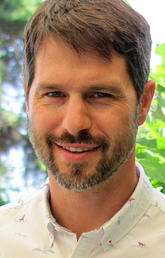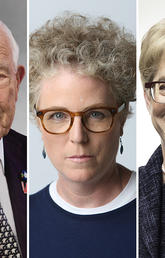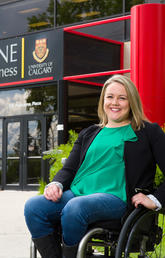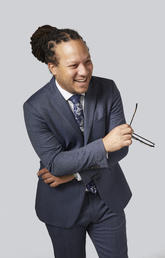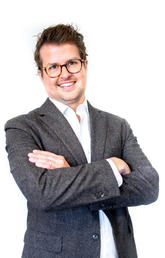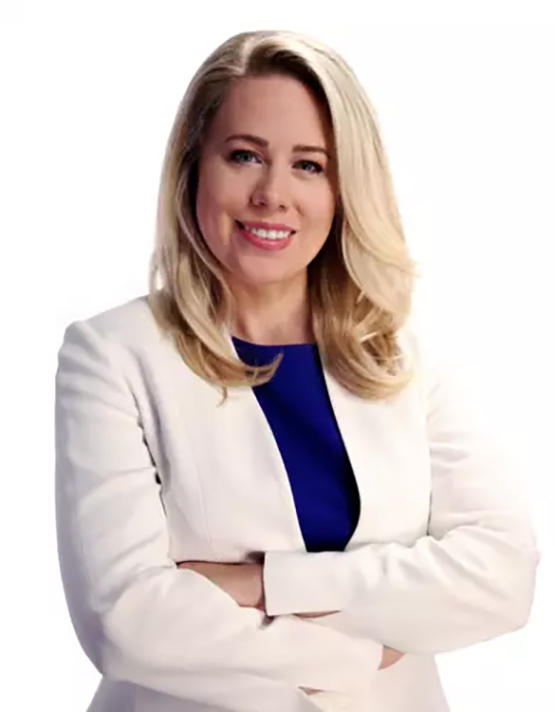
March 1, 2022
Why International Women’s Day Isn't Going Away
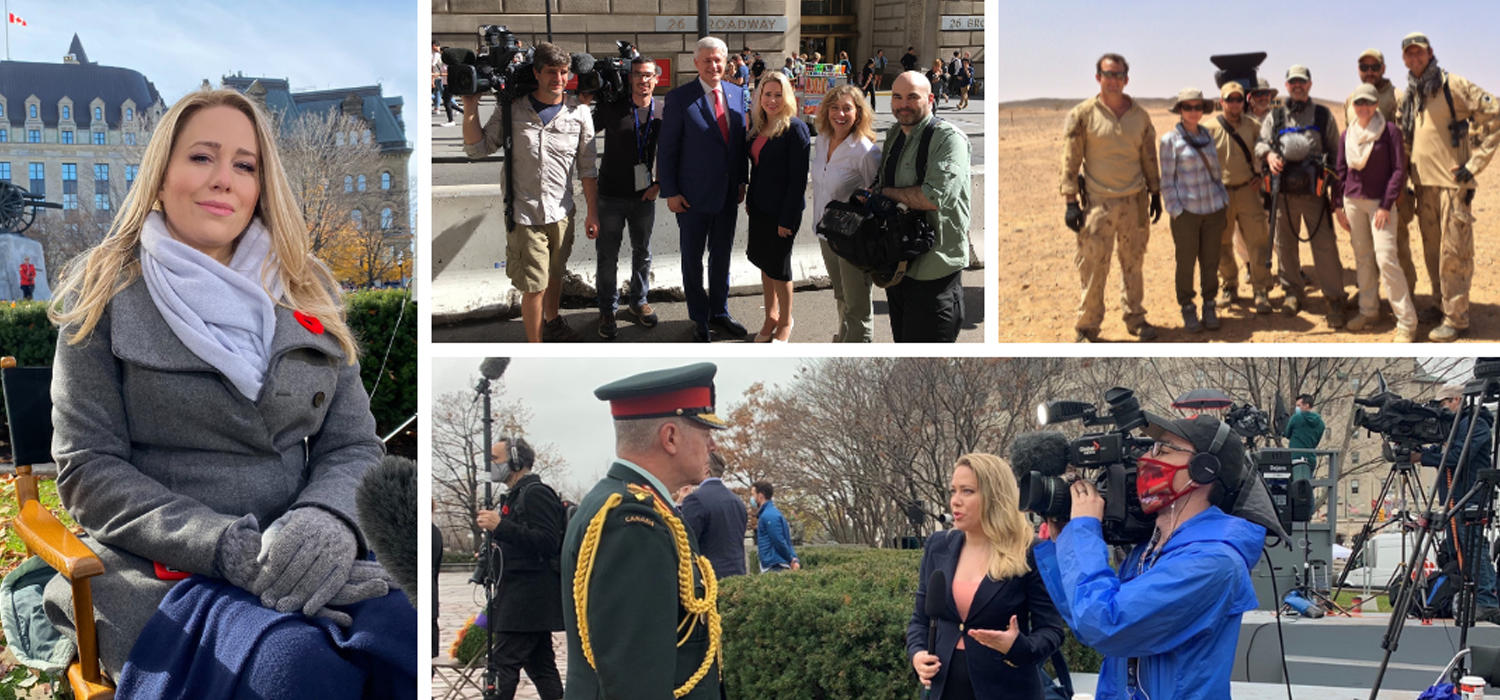
You may spot her at Earl’s sometime, downing a margarita and eating chicken tenders with a girlfriend. You may think you know her, have seen her before — but where?
You watch her as she toggles between her friend and her phone. Then, you remember . . . she’s the badass host of The West Block, Global TV's flagship national political affairs program that airs Sundays. Mercedes Stephenson — the trailblazing journalist who’s never afraid to hammer politicians, top military brass, in fact, anyone who’s messed up and needs to be held accountable — is a double-alumna from UCalgary’s Centre for Military, Security and Strategic Studies. Although she now lives in Ottawa, when she visits her parents in Calgary, she’ll choose Earl’s and a friend as her preferred Friday-night date.
If didn't catch Stephenson as part of our handpicked International Women’s Day panel on March 8, you can watch the recording when it best suits you, right here. But let’s step back: You might think that being a female military strategist and a whip-smart journalist would make Stephenson immune to barriers in the workforce, no?
“Uh-uh,” admits the 40-year-old, BA’03, MSS’15. “There are plenty of barriers . . . that’s why days like International Women’s Day are critical.
If we don’t talk about things, they don’t change. Over the years, I’ve had plenty of suggestive questions about how, exactly, I got the stories that my male colleagues didn’t.
"And although I don’t have any children, I see how challenging it is for my colleagues who do, as journalism is a career that requires us to always be on, to be ready to go . . . I think that’s a huge barrier in our industry that we have to overcome.”
As for a career in front of a TV camera, Stephenson says expectations about one’s appearance — “about aging, about weight, about the colour of someone’s lipstick or outfit” — still occur, “although it’s improving for younger generations.”
Mentors like CTV’s Lisa LaFlamme and Wendy Freeman, as well as others in journalism such as Leslie Stojsic, Dawna Friesen and Sonia Verma, have guided, inspired and saved the tough-talking heavy-hitter, countless times.

From military strategist to journalist
Cracking open corrupt systems that attack or marginalize people, leaving them disenfranchised and vulnerable, is precisely what motivates Stephenson. On so many fronts, this investigative reporter is an aberration.
Never having studied journalism, Stephenson didn’t realize “that it was sort of weird for me to be a woman in this field until I showed up in Ottawa and started interacting with the National Defense establishment.
“At UCalgary, in my undergrad and master’s program, a student was a student was a student,” she says with a laugh. “There were lots of women in the program, and I can honestly say we were treated completely equally.
“Another terrific thing about the program was the profs made an effort to make sure that we had real-world opportunities for hands-on experiences and opportunities to connect with decision-makers. In fact, some of the people I now deal with, who are senior generals, I actually met when I was 19 years old. They have a sense of who I was before I became a journalist — plus, I suppose, I have more credibility because I actually studied the subject matter.”
With what Stephenson lacked in interest for military history, she made up for in strategic studies. “The current, modern stuff, that’s what I loved,” she says. Also attractive was the flexibility of the program, which allowed her to study at Massachusetts Institute of Technology (MIT) for part of her master’s degree, where she connected with “not only social scientists, but with material scientists . . . the people who are combatting catastrophic terrorism. They are the scientists who determine what happens if you put a grenade up an LNG (liquefied natural gas) line to downtown Boston.”
So how does a military strategist become a broadcast journalist?
Once again, Stephenson “blames” it on her UCalgary professors who, once they saw her debate, pushed her in this direction.
“My plan had been to take my PhD and teach, but, part way through my master’s, I got a job offer to do documentaries about military stuff in Toronto, which seemed like a pretty cool offer — one that was unlikely to come back around,” she says.
“And I thought, ‘I can always go back to school. I can't always go back and say I'd like to make documentaries.’ So, I started down that path of actually producing media, instead of just being there as an expert talking head. And that really changed my perception, but it was never deliberate. Even when I became a reporter, it was by accident.”
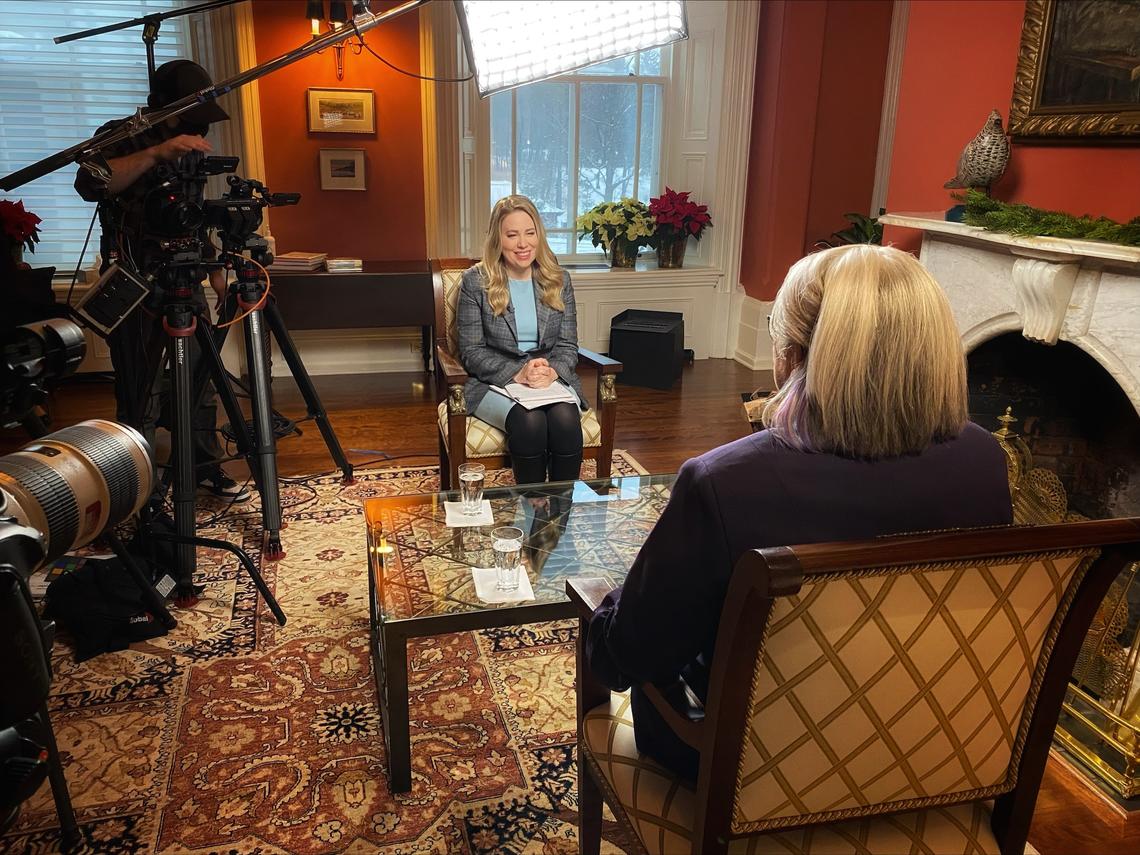
Mercedes Stephenson interviews Governor General Mary Simon at Rideau Hall
Talking tough
Was it her love of debate or protecting society’s most vulnerable that has made Stephenson such a hard-hitter? “I don’t like to be mean,” she’s quick to point out, “but I have zero problem being tough and zero desire to back down if someone I’m interviewing is not answering a question. I will ask them five different times if I have to.”
Just as Stephenson did with then attorney general Jody Wilson-Raybould and, later, with her successor David Lametti about the SNC-Lavalin case. Or, with Foreign Affairs Minister Marc Garneau and every other federal politician who was connected to the file of the “two Michaels.”
But perhaps her most controversial interview was with Gen. Jonathan Vance (former brigadier-general in charge of Canadian forces in Afghanistan) about the allegations of military sexual misconduct and the one count of obstruction of justice charge against him that will be tried in criminal court in 2023. (Vance has denied any wrongdoing.)
That interview, followed by other investigations from numerous news outlets, resulted in a stack of policy changes: No longer can the military justice system try sexual-misconduct assault cases; new processes have been put in place that have altered the criteria used to select senior leaders (“given how endemic the sexual misconduct problem was at the senior ranks,” explains Stephenson). When it was discovered that 47 per cent of the claimants in a class-action lawsuit against the Canadian Armed Forces were men who had experienced sexual misconduct from senior female officers, the tectonic cultural shifts continued.
“We're still waiting for Justice Louise Arbour’s report to find out the other things that will change, but those were some of the big ones that have shifted so far,” says Stephenson. “When you have a system where the most powerful people are not accountable, something is wrong with that system.”
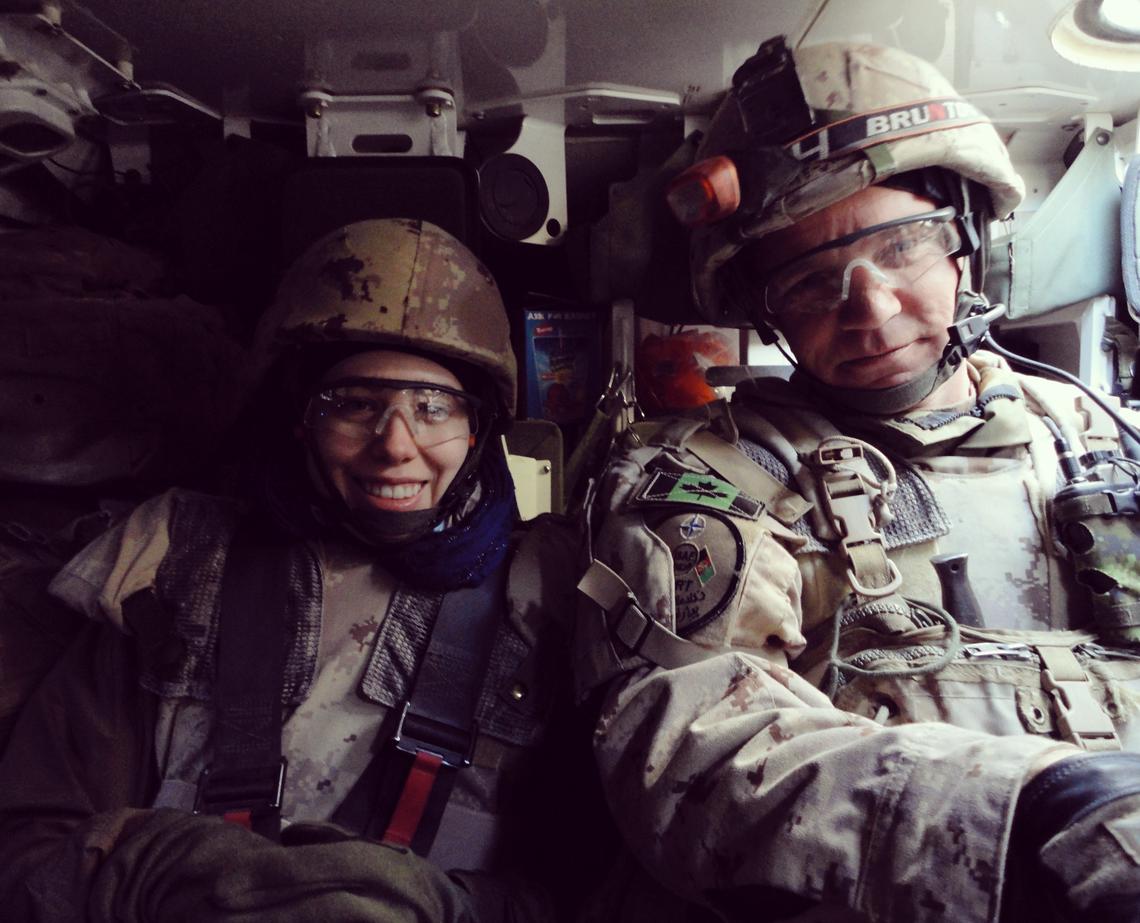
Mercedes Stephenson in Afghanistan, 2010 — Operation Moshtarak
Boots on the ground
Although not a war correspondent per se, Stephenson has spent time in hot zones, providing gritty, on-the-spot reporting from Latvia, Mali and Afghanistan. Obviously, the emotional content that happens with real-time reporting makes for a more visceral approach when covering vulnerable and dangerous areas, one that Stephenson loves.
“Of course, you don’t sleep and it’s exhausting, but the stories are so much better when you can get out from behind your desk,” she says, explaining the risks of accountability journalism. “You need to experience a place, the people . . . you need to see it, feel it, smell it, talk to people, watch their reaction, not just hear it. What's the body language, who's this person coming over from the Nigerian military, what's their deal? What does he have to do?”
And frankly, adds Stephenson, soberly, “You realize how lucky we, as Canadians, are. I remember being in a helicopter over the desert in Niger and there was this little boy, maybe eight, in the middle of the desert with a herd of goats. There was nothing around.
"Where did he come from? He doesn't have any water on him. How is he out here by himself? And this is normal? To witness such extraordinary poverty always stops me. I remember returning home and grocery shopping . . . wondering why we have so many different kinds of cereal?
“Wouldn’t Cheerios just do?”

